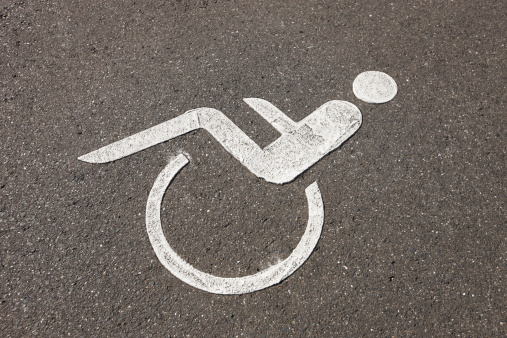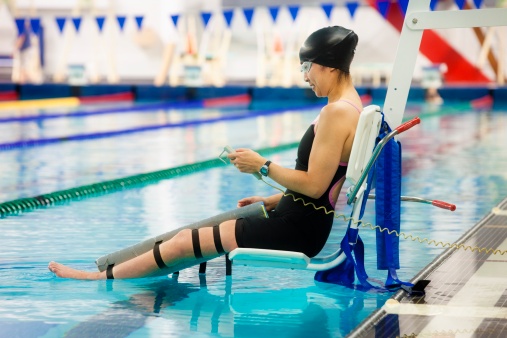Motor skills and coordination determine a person’s ability to engage in common daily behaviors such as walking, feeding themselves and even communicating. People face motor coordination disabilities from many causes, including genetic issues, disease or a traumatic brain injury (TBI).
Damage to motor neurons decreases the ability to move muscles with precision, making it difficult to travel from one place to the next, whether walking, driving or using public transportation. Some people are confined to wheelchairs and must navigate stairs, sidewalks and steps, creating major obstacles to the mobility that most take for granted.
Limited Access Becomes Disabling
While those with motor coordination problems can overcome the disability through adaptation, they cannot do it alone. Municipalities must make accommodations that allow these patients to navigate the world. When governments and businesses fail to offer handicap access, they become the cause of the disability. It only takes a few small changes to make areas accessible to everyone, handicapped and able bodied alike.
Anyone taking a train will soon realize that not all of them have elevators, or have doors wide enough to permit a wheelchair to enter. The situation is even worse when one thinks of the number of shops, restaurants or malls without any wheelchair ramps or modified entrances for disabled access.
Not only do people with disabilities face problems with physical accessibility, they also face social accessibility problems. A lot of this has to do with the discrimination and stereotypes that they must overcome. Even though it is against the law to discriminate against someone because of impairment, some employers might be reluctant to hire a disabled person. According to Forbes.com, some recent government cuts have resulted in reduced access to health care, therapy, education and housing for people with disabilities.
Limits in Social Accessibility

Another sign of the problem can be seen in stereotypes. Society might assume that a person’s intellectual ability is impaired along with physical mobility. One University of Washington scholar posed questions to a group of disabled people regarding the stereotypes they encounter. Respondents pointed to several different limiting assumptions others have shown.
For instance, many people seem to assume the mental functions of someone in a wheelchair are limited. In some instances, a wheelchair-bound person with disabilities is mistaken for a drug addict or a homeless person. Some see those with disabilities as dependent on others, mistaking a spouse for a caregiver or a nurse.
These barriers are the true disabling problem for those with reduced mobility. While they can adapt their movements and use special equipment to overcome their disabilities, they cannot change the negative assumptions of potential employers or colleagues or control shrinking government budgets that further limit their mobility.
Contact Us
If you or someone you love suffers impaired mobility due to a brain injury caused by another person, contact our office for a free consultation. The law limits the time available for filling a claim, so contact us as soon as possible. You may be eligible for compensation to offset the financial, physical and emotional burdens of your injury.


